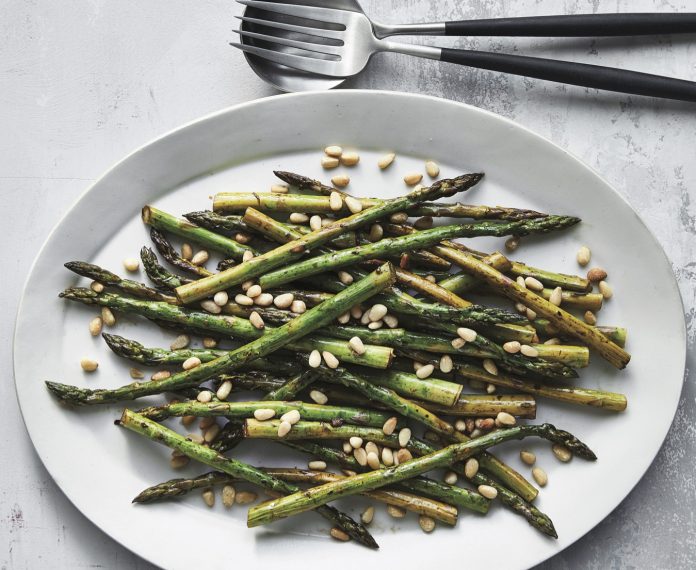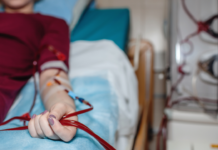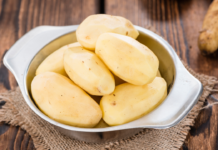Written By: Aisling Whelan
The views expressed here are those of the author and not necessarily those of The Hope or its sponsor Kibow Biotech®. A doctor should always be consulted before making any changes to your diet.
A healthy and balanced renal diet is an important strategy for slowing down or even halting the progression of CKD to renal failure. A healthy renal diet is not just about what foods you take out of your diet; the foods you include in your diet are equally important. When planning a renal diet, it’s important to consider individual nutrients such as protein, sodium, phosphorus, and potassium. In addition to individual nutrients, it’s also vital that you think of the big picture when planning your diet. If you have CKD and are trying to delay or prevent dialysis, a whole foods, plant based diet is the ideal dietary pattern to follow for a pre dialysis diet.
Nutrients to Consider
Protein
The kidneys are in charge of processing the protein we take in through our diet. Protein needs to be limited on a pre-dialysis diet as eating too much can overwork the kidneys and reduce their ability to function. Protein is found in almost all foods, and so most people take in enough without even trying. When you have CKD, it’s important to take in just enough protein and avoid eating excessive amounts. Since animal foods tend to have more protein than plant foods, consuming more plant foods and less animal foods will allow you to do just that.
Sodium
Sodium is a mineral that we get from our diet. Taking in too much sodium can be harmful, especially for people with CKD. Sodium can raise blood pressure and increase the amount of protein in the urine, both potentially contributing to renal damage. Banning the salt shaker at meal times and during cooking will only modestly reduce your sodium intake. The best way to control sodium is to limit consumption of processed foods such as bread products like bagels and baked goods, packaged snacks and many frozen and canned foods. Look at the nutrition facts panel to compare the sodium in various foods. Restaurant foods also tend to be high in sodium, especially fast food restaurants. Try to cook at home for most of your meals- you can use a little salt- and if dining out, ask your waiter to guide you towards low sodium choices that fit your pre dialysis diet.
Potassium
Potassium is also a mineral we get from our diet. Many foods, such as bananas and avocados, contain concentrated amounts of this nutrient. Eating lots of potassium is usually a good thing, as diets high in potassium are linked to reduced risks of hypertension, heart disease and stroke. Potassium can become problematic, however, when our kidneys are not able to filter it from the body properly. This often occurs in the later stages of CKD and can lead to a potentially dangerous condition called hyperkalemia or excess blood potassium. If left untreated, hyperkalemia can lead to cardiac arrhythmias, which are abnormal heart rhythms. Since potassium is important for health, only restrict if you need to do so. Your doctor should check your potassium routinely and will alert you if it starts to get too high. Reducing potassium in your diet before this occurs will not improve your kidney function and may even be harmful.
Phosphorus
Phosphorus is a mineral found in many of the foods we eat. Phosphorus has many functions in the body but it’s primarily known for its role in the formation of bones. Too much phosphorus in the diet can worsen kidney function and increase the risk of additional complications such as heart disease and renal bone disease. Phosphorus tends to follow protein in the diet so eating a lower protein diet will naturally lower your phosphorus intake. Phosphorus is also added to many processed foods as a preservative. Examples include certain canned foods, frozen foods, baked goods, processed meats. Phosphorus additives are the most damaging kind of phosphorus and should be avoided as much as possible in a pre dialysis diet. Look for phosphorus additives in the ingredients section of foods and avoid foods with the words ‘phosphate’ or ‘phosphoric’ listed in this section.
Big Picture
While it’s important to consider individual nutrients when planning a healthy pre dialysis diet, don’t waste your time meticulously counting up how much of a given nutrient you take in with each meal. Instead, focus on the right dietary pattern. A whole foods, plant based diet is the dietary pattern best suited for pre-dialysis CKD because it is naturally low in protein, sodium and phosphorus. If potassium is an issue for you, then you may need to limit your intake of high potassium plant foods and focus instead on eating lower potassium plant foods (there are many). In addition to controlling the above nutrients, a whole foods, plant based diet is high in antioxidants and prebiotic fibers. Prebiotics are food for the healthy bacteria in our guts. Both prebiotics and antioxidants help to dampen down the inflammation present in CKD which will help to slow down CKD progression.
To sum it up, think of the quotation made famous by the author Michael Pollen. ‘Eat food, mostly plants.’ The best diet for CKD is one that includes lots of vegetables, fruits, whole grains, nuts and heart healthy oils. A renal dietitian can help you finetune this diet to meet your individual preferences and needs. Nourishing your body with healthy and wholesome foods while taking care to limit the harmful foods is one major way you can positively impact your health, both in the present and the future.
Take this quiz to help you figure out if you’ve been making healthy choices!
Try this recipe from Aislings cookbook‘The 30 Minute Renal Diet Cookbook.’
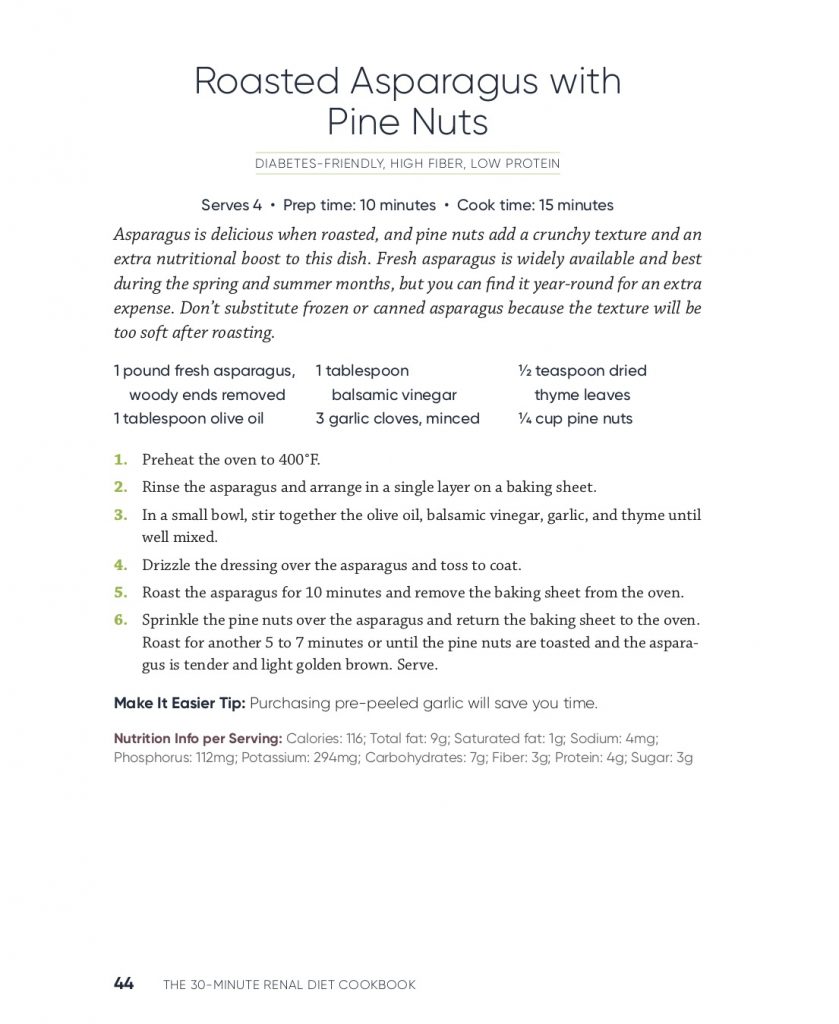
Visit Aislings site, Ashlingwellness.com
Sponsored By: Kibow Biotech® 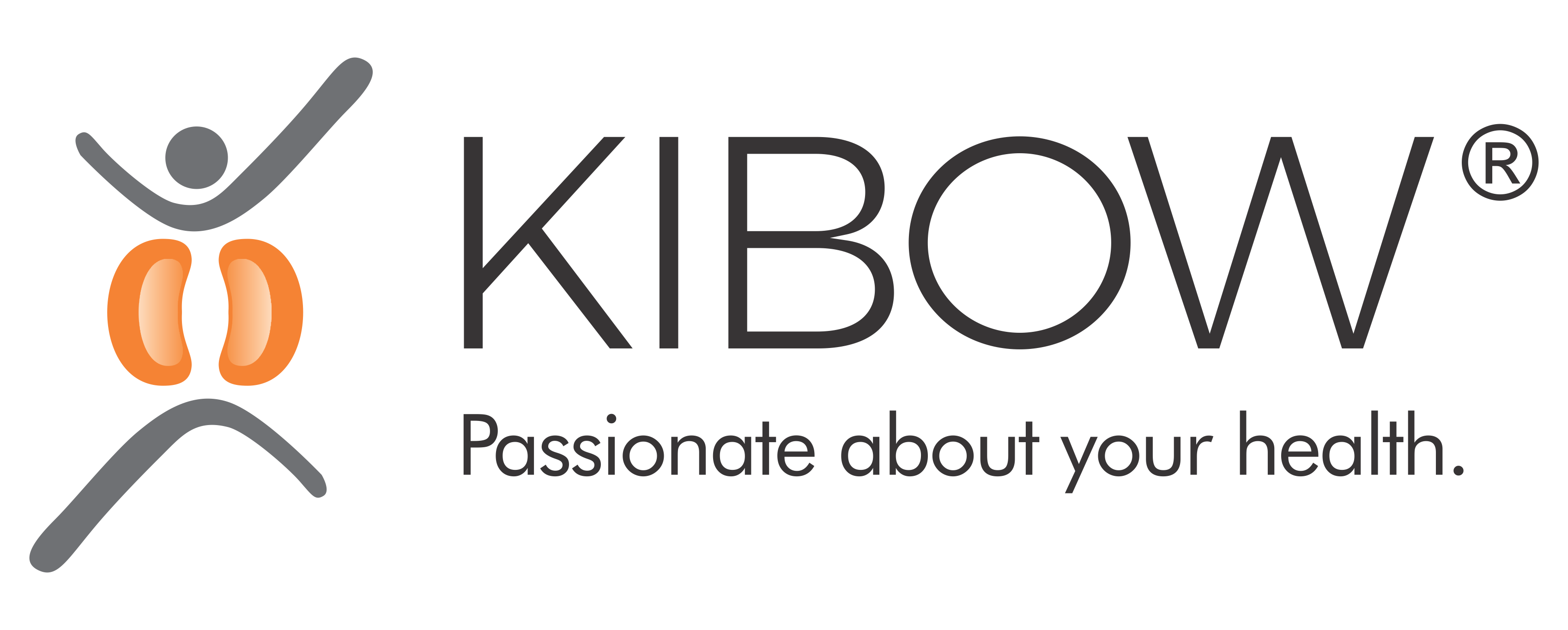
From the Author
AislingWhelan

Cookbook.’ Aisling uses a whole-person, whole-food based approach to help clients reclaim their health and improve their quality of life. She completed her Didactic Program in Dietetics at Simmons University and obtained a Masters Degree in Clinical Nutrition from New York University. Aisling has extensive experience working with the chronic kidney disease population. Her first introduction to renal nutrition
began when she worked as a dietitian in a hemodialysis facility. In this role, Aisling was surprised to learn that most of her patients had never met with a dietitian prior to starting dialysis. It was this discovery that inspired her to start her own private practice specializing in nutrition therapy for pre-dialysis CKD patients. Aisling is passionate about empowering her patients to implement realistic and sustainable changes aimed at slowing down the progression of their kidney disease. Aisling practices virtually as well as at her office in New York City.

